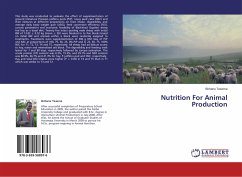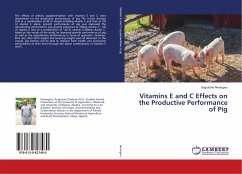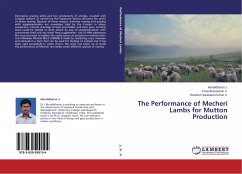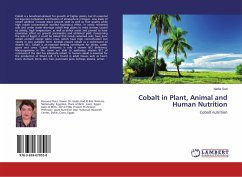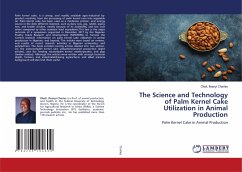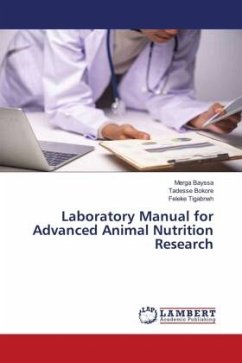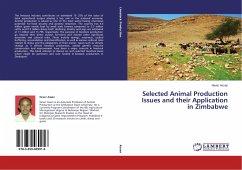This study was conducted to evaluate the effect of supplementation of ground immature Prosopis juliflora pods (PJP), noug seed cake (NSC) and their mixtures at different proportions on feed intake, digestibility, and average daily body weight gain (ADG), feed conversion efficiency (FCE), carcass parameters and economic feasibility of Blackhead Ogaden sheep fed hay as a basal diet. Twenty five intact yearling male sheep with initial BW of 13.82 ± 0.52 kg (mean ± SD) were blocked in to five blocks based on initial BW and animals within a block were randomly assigned to treatments. Treatments were supplementation of 300 g DM /day of PJP and NSC at proportions of 100, 75, 50, 25, 0% PJP and 0, 25, 50, 75, 100% NSC for T1, T2, T3, T4 and T5, respectively. All sheep had ad libitum access to hay, water and mineralized salt block. The digestibility and feeding trials lasted for 7 and 80 days, respectively followed by carcass evaluation. The crude protein (CP) content was 6.2%, 15.5%, and29.1% and NDF content was 80.9%, 46.7% and 41.3% for hay, P. juliflora pod and NSC, respectively. Hay and total DM intakes were higher (P 0.05) in T4 and T5 than in T1 which was similar to T3 and T2.
Bitte wählen Sie Ihr Anliegen aus.
Rechnungen
Retourenschein anfordern
Bestellstatus
Storno

